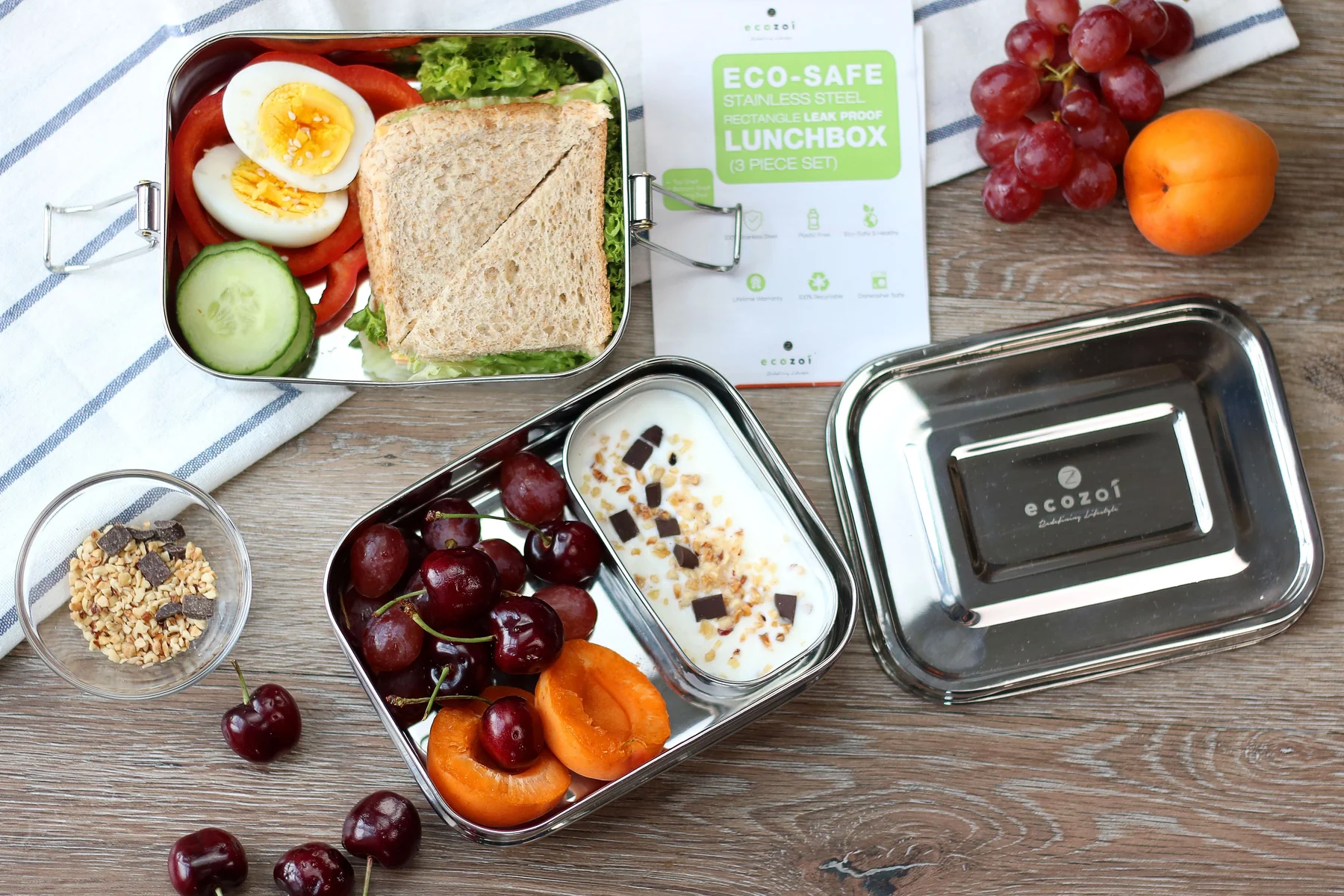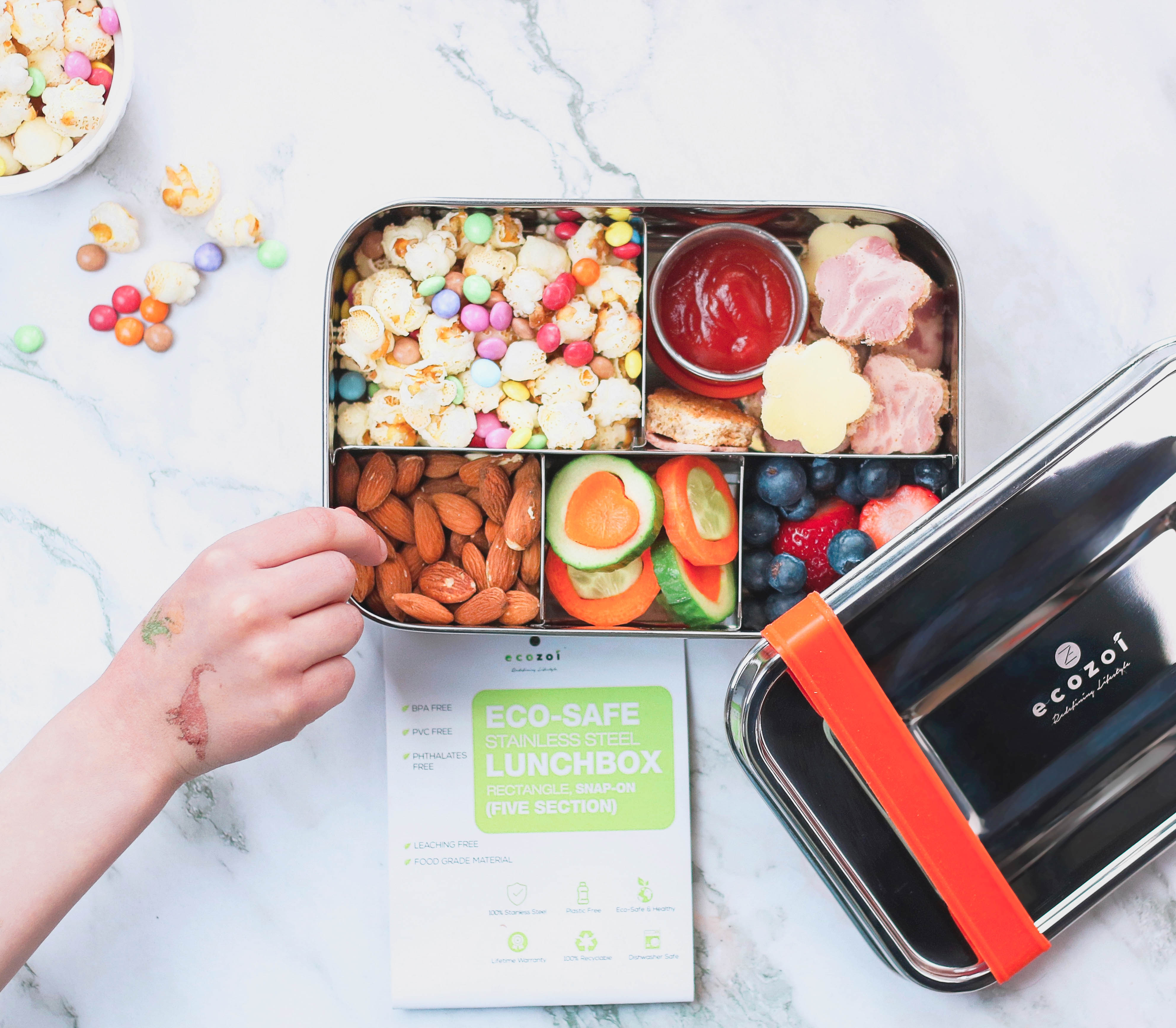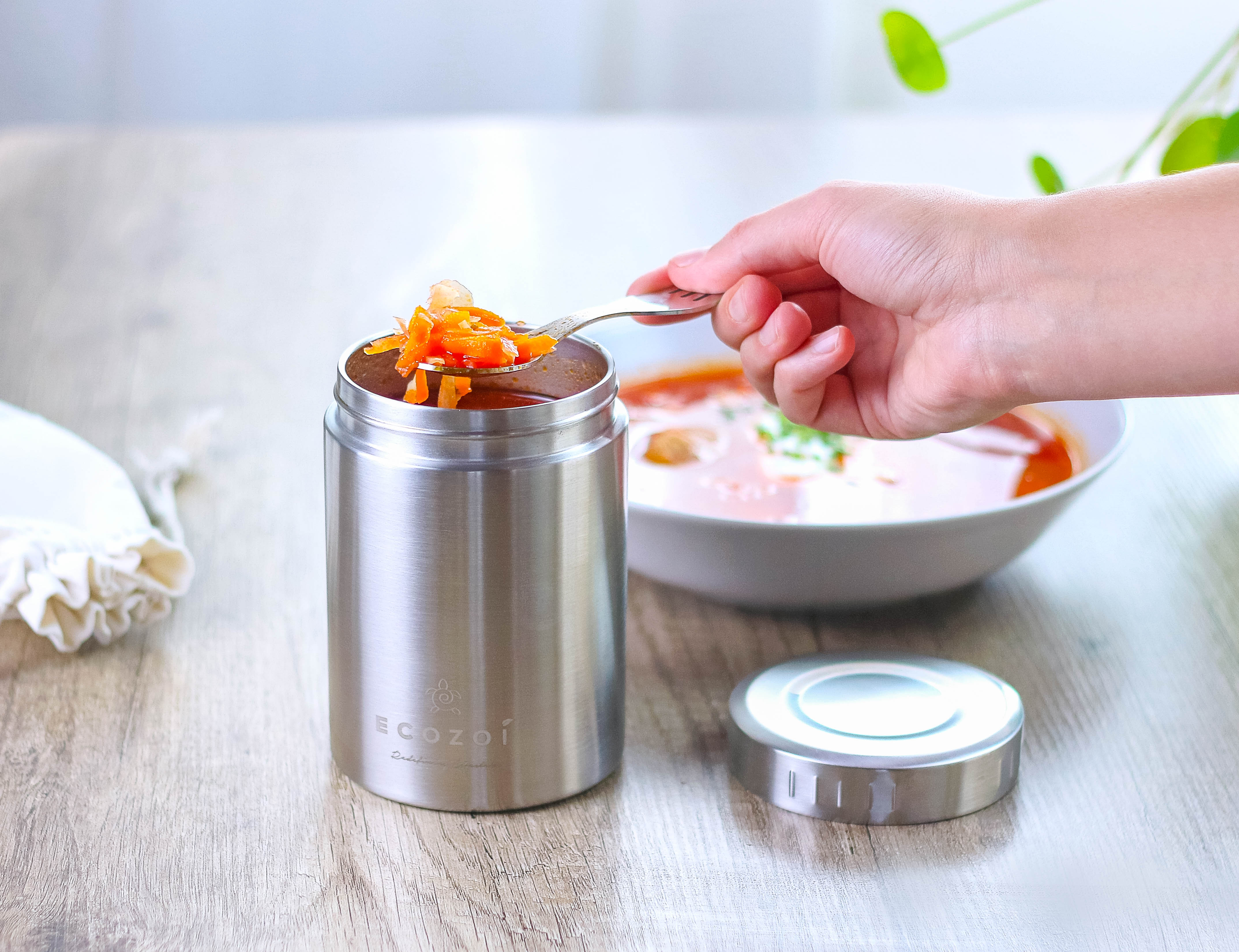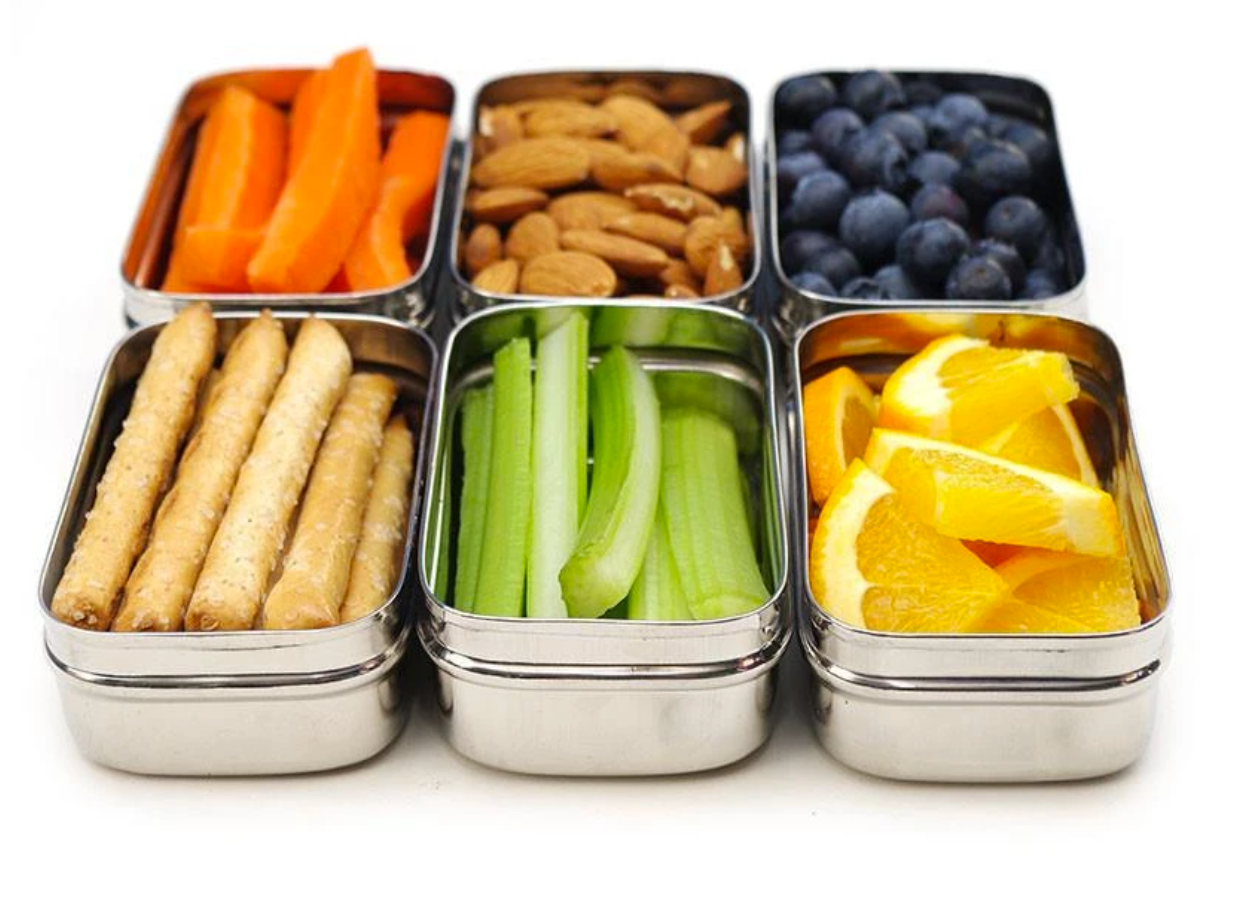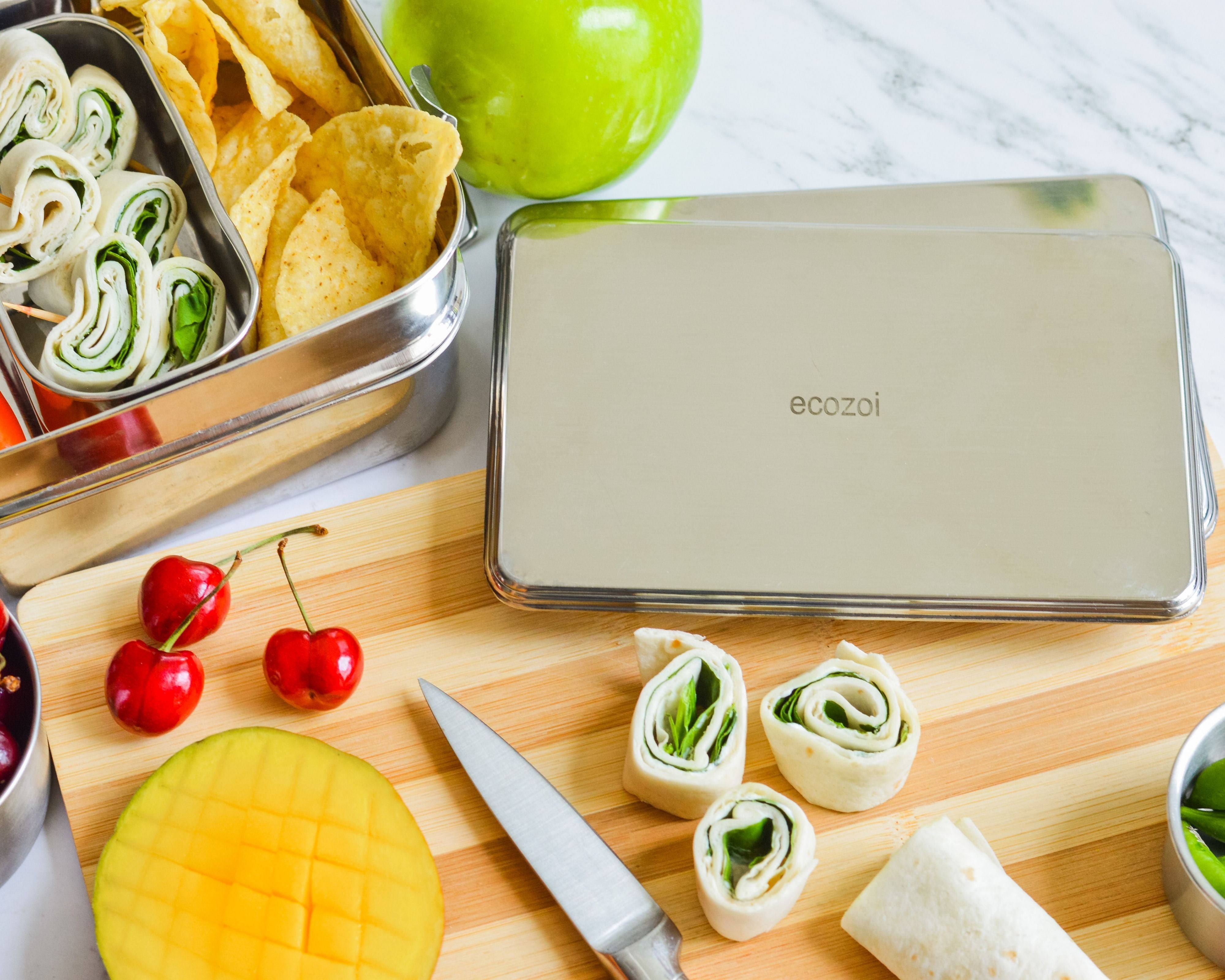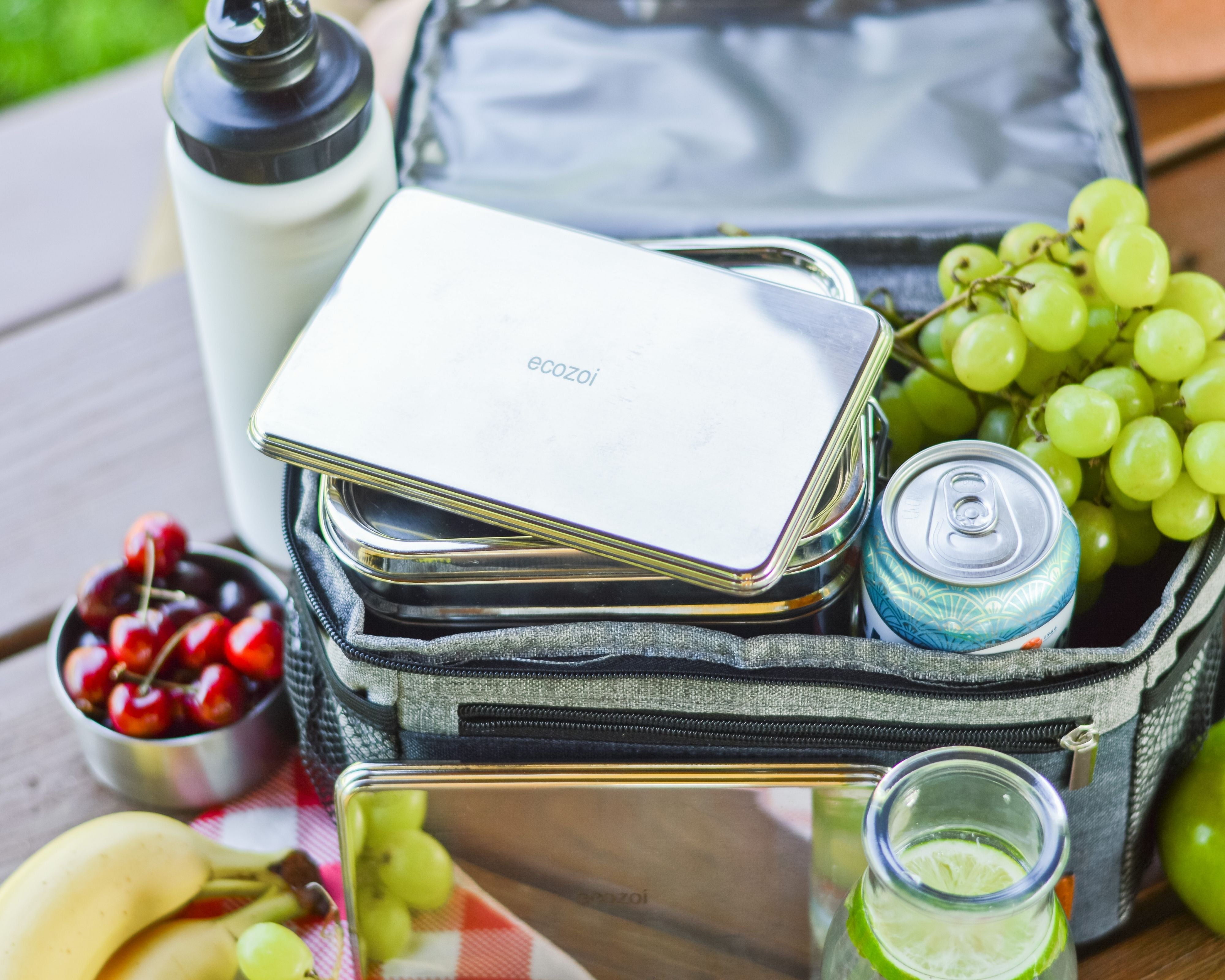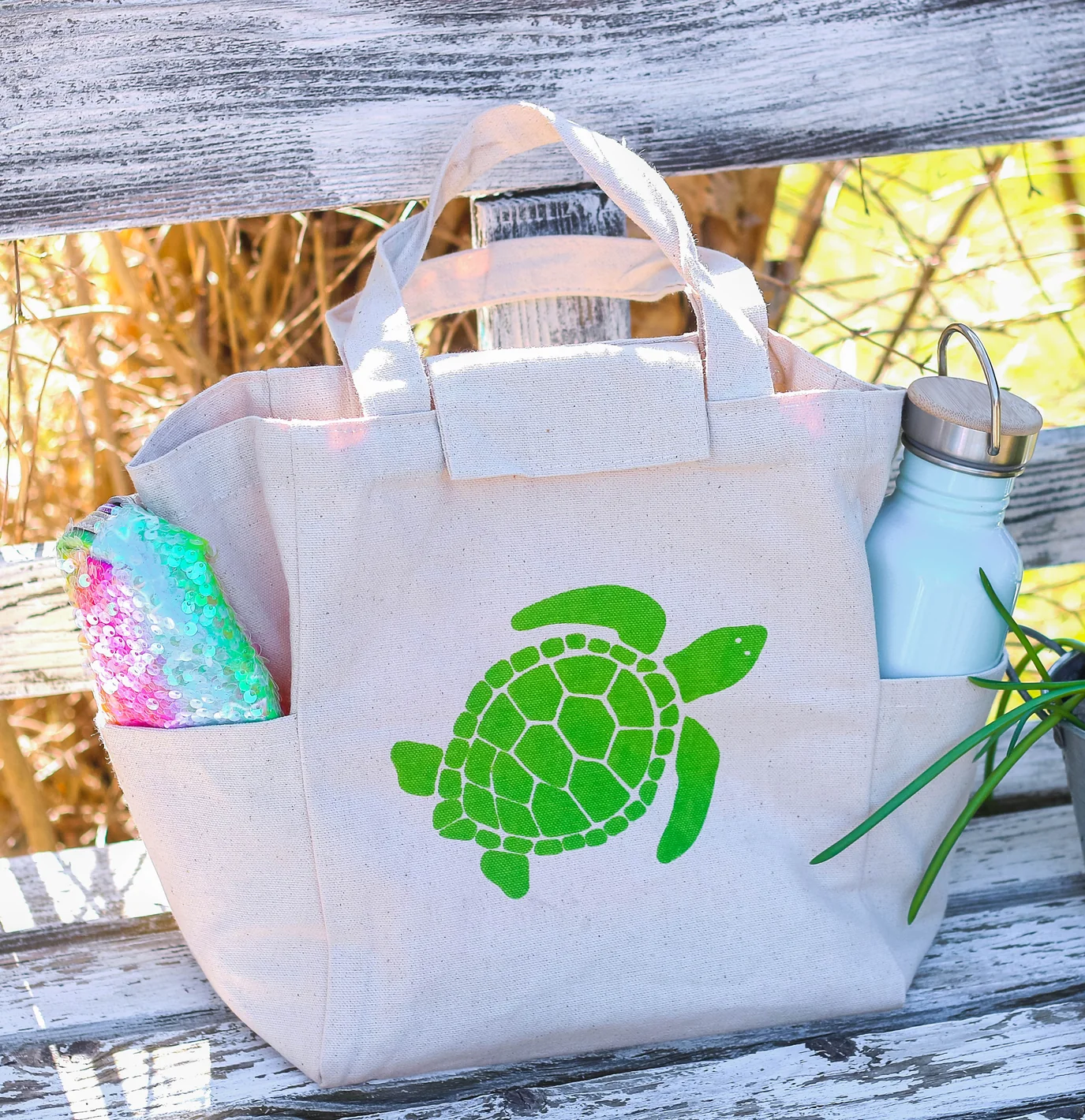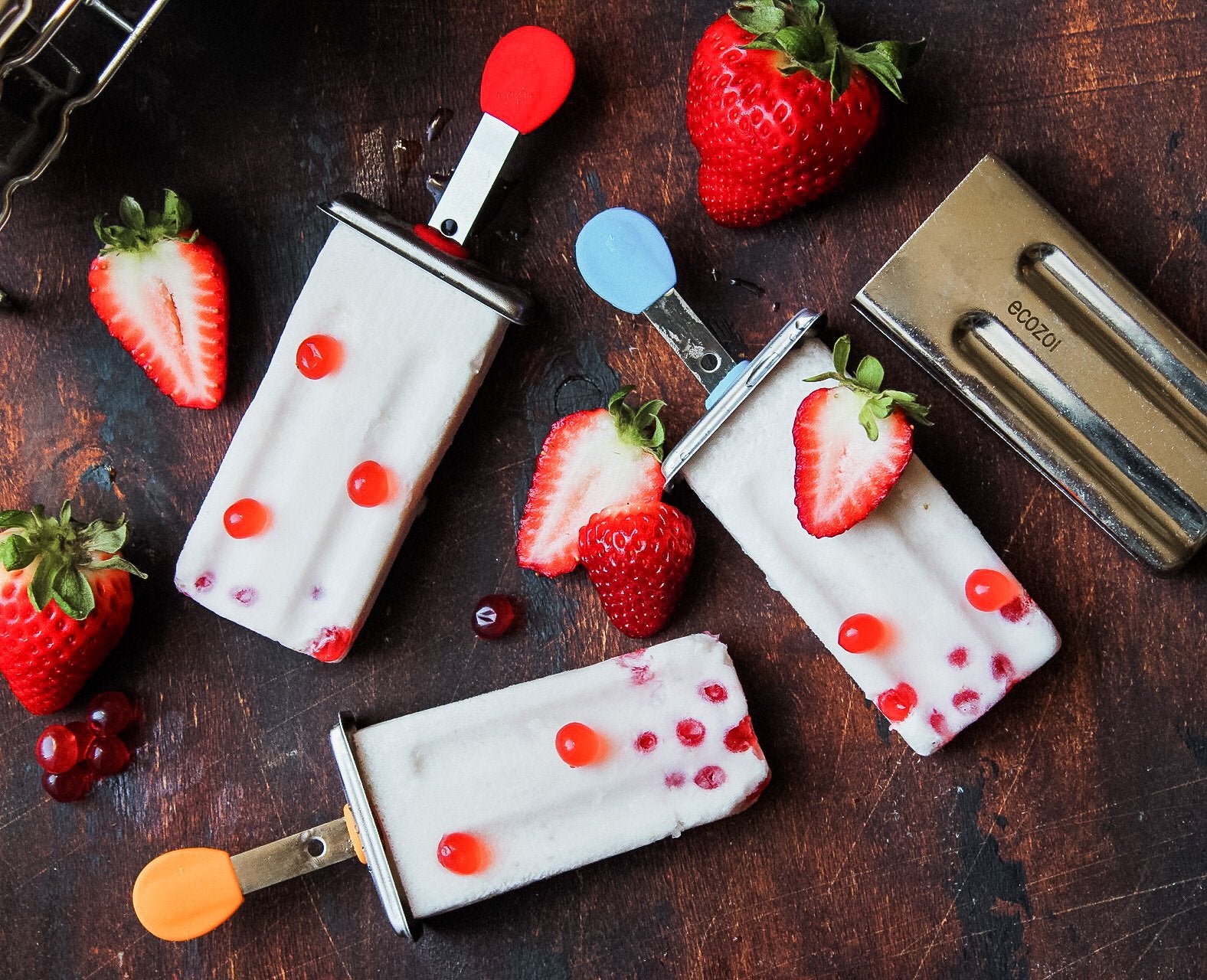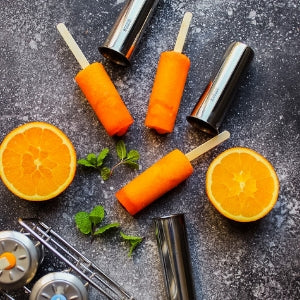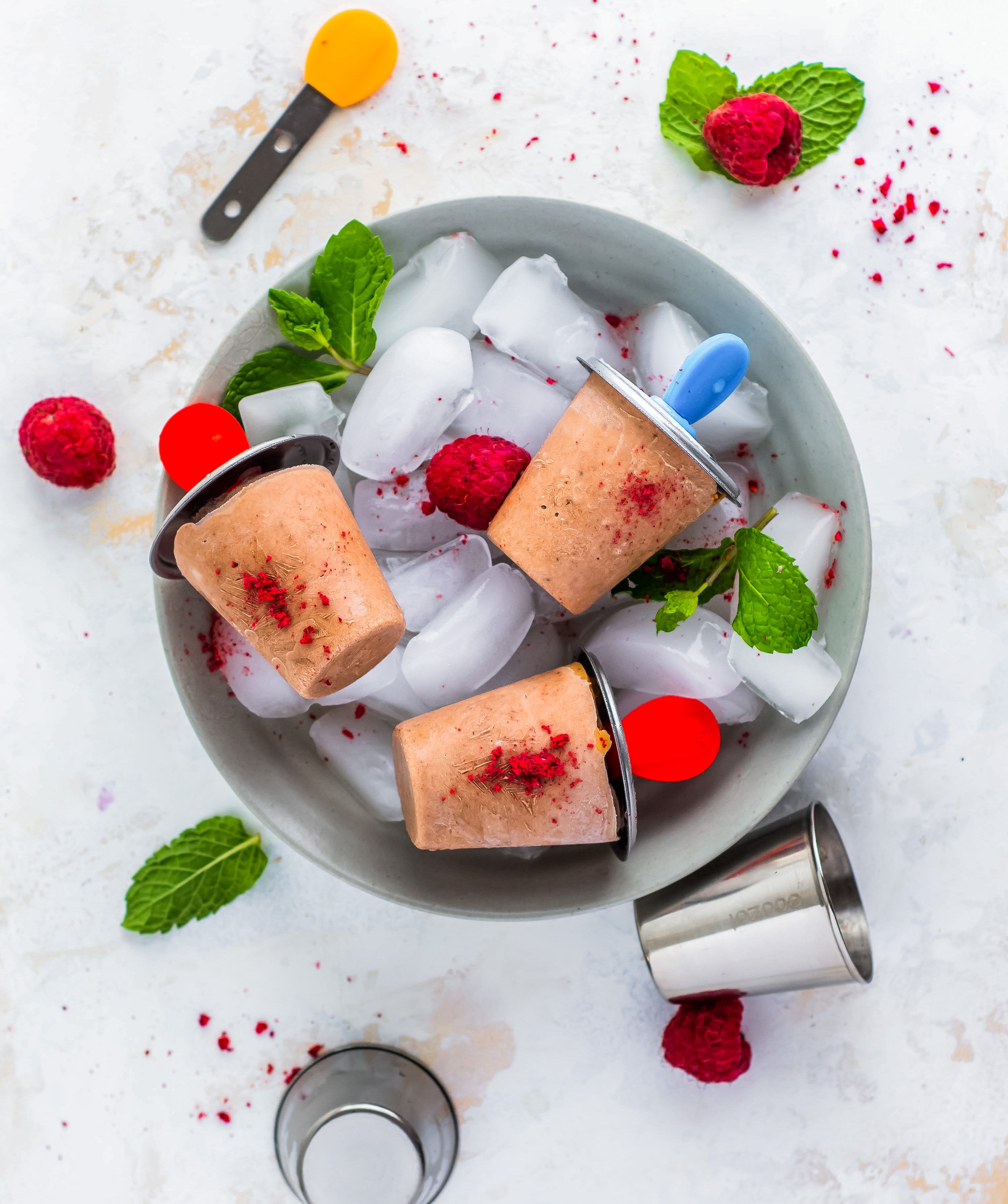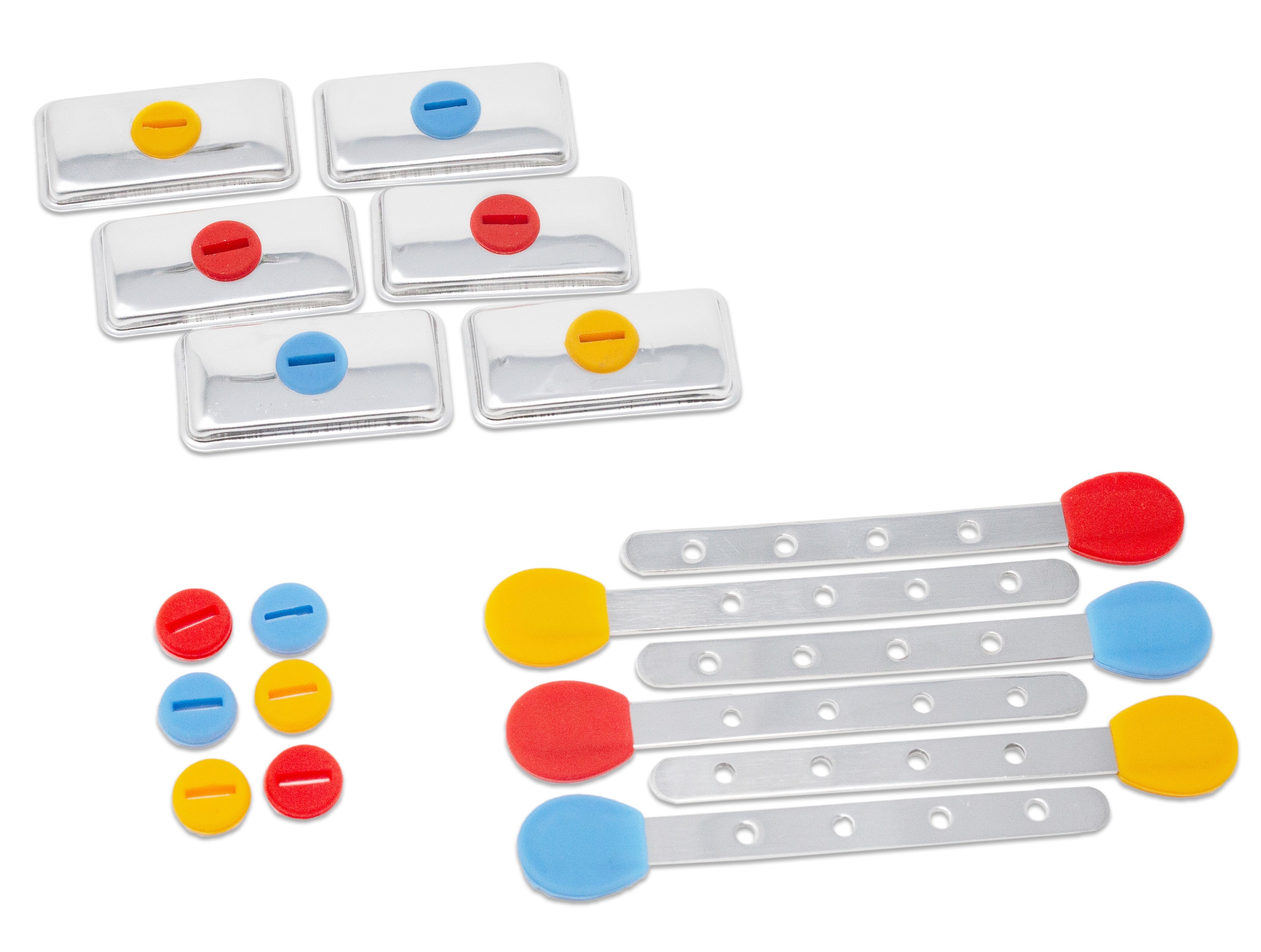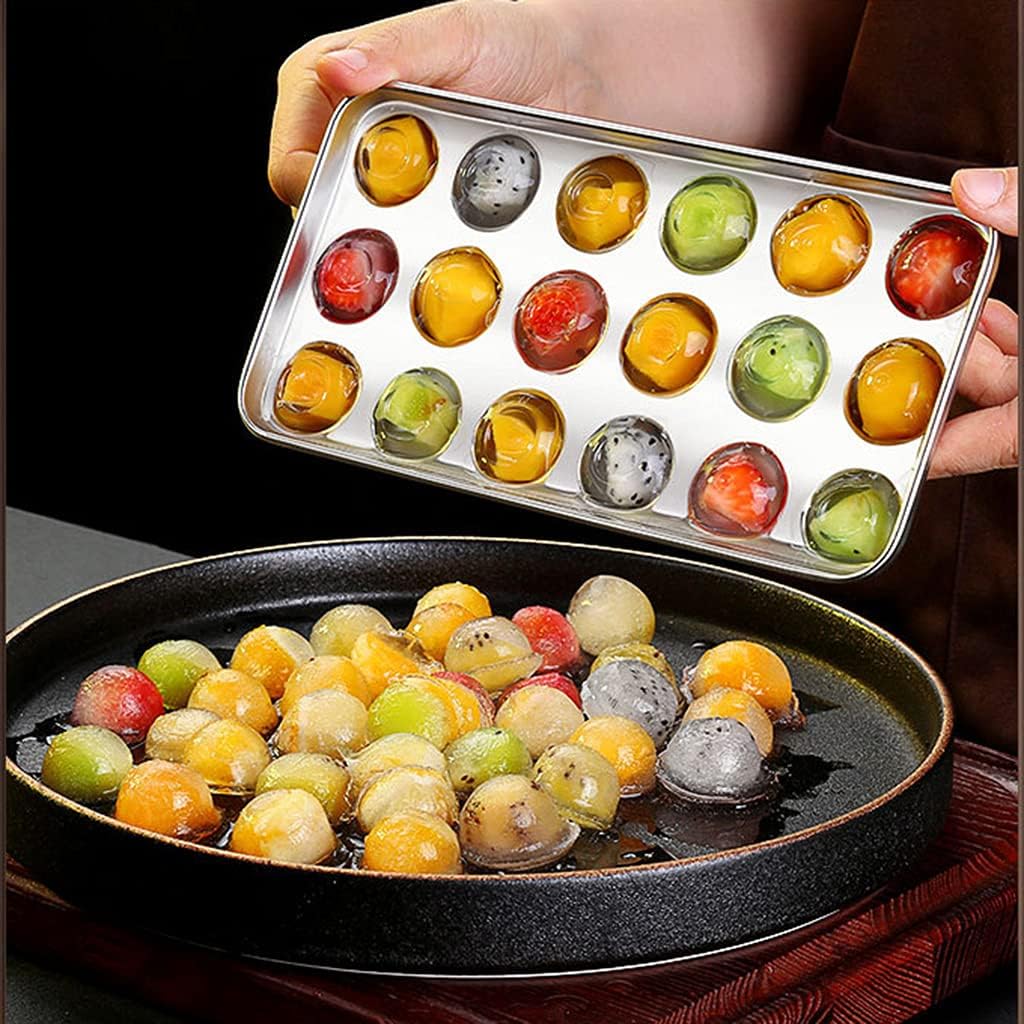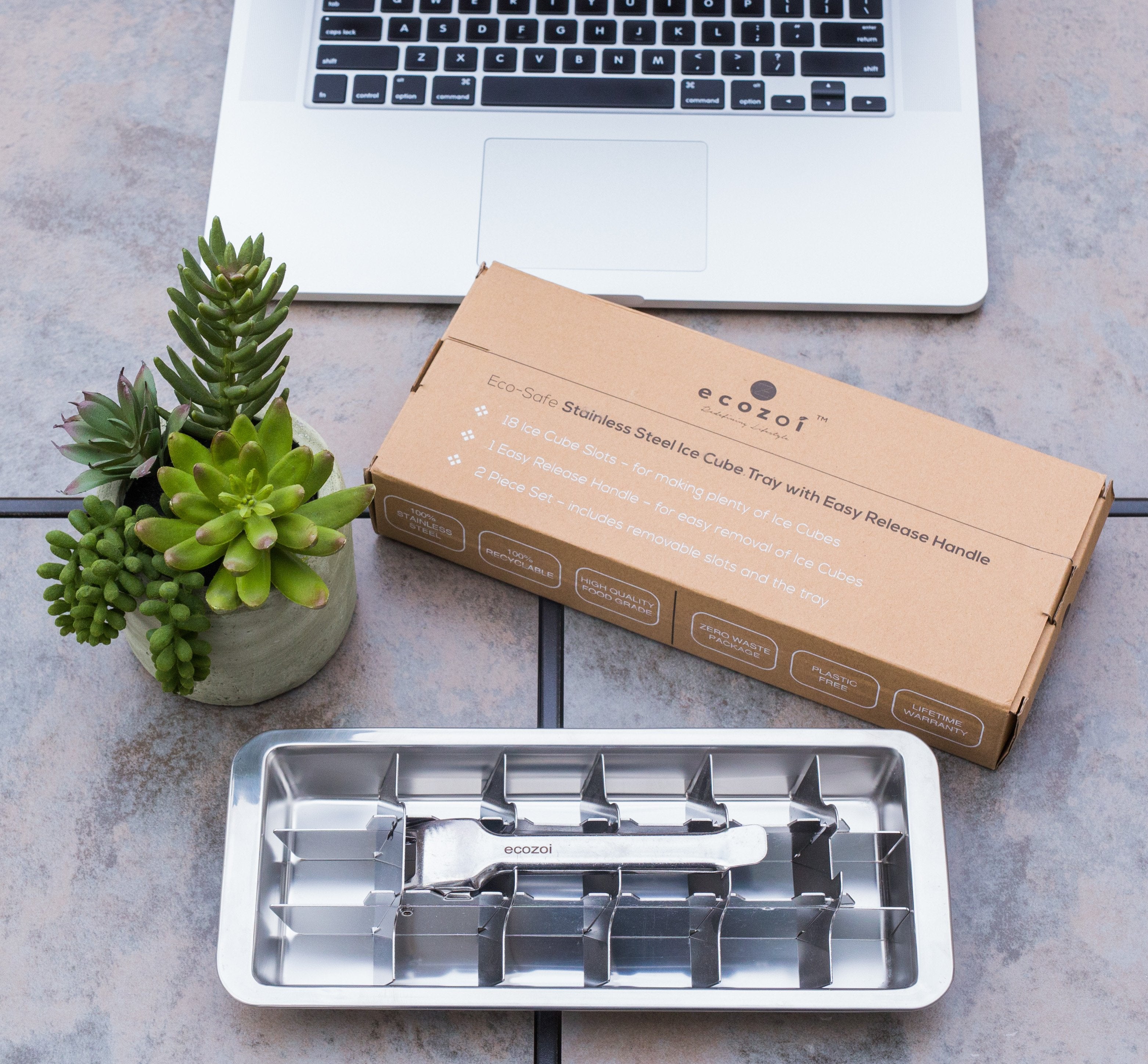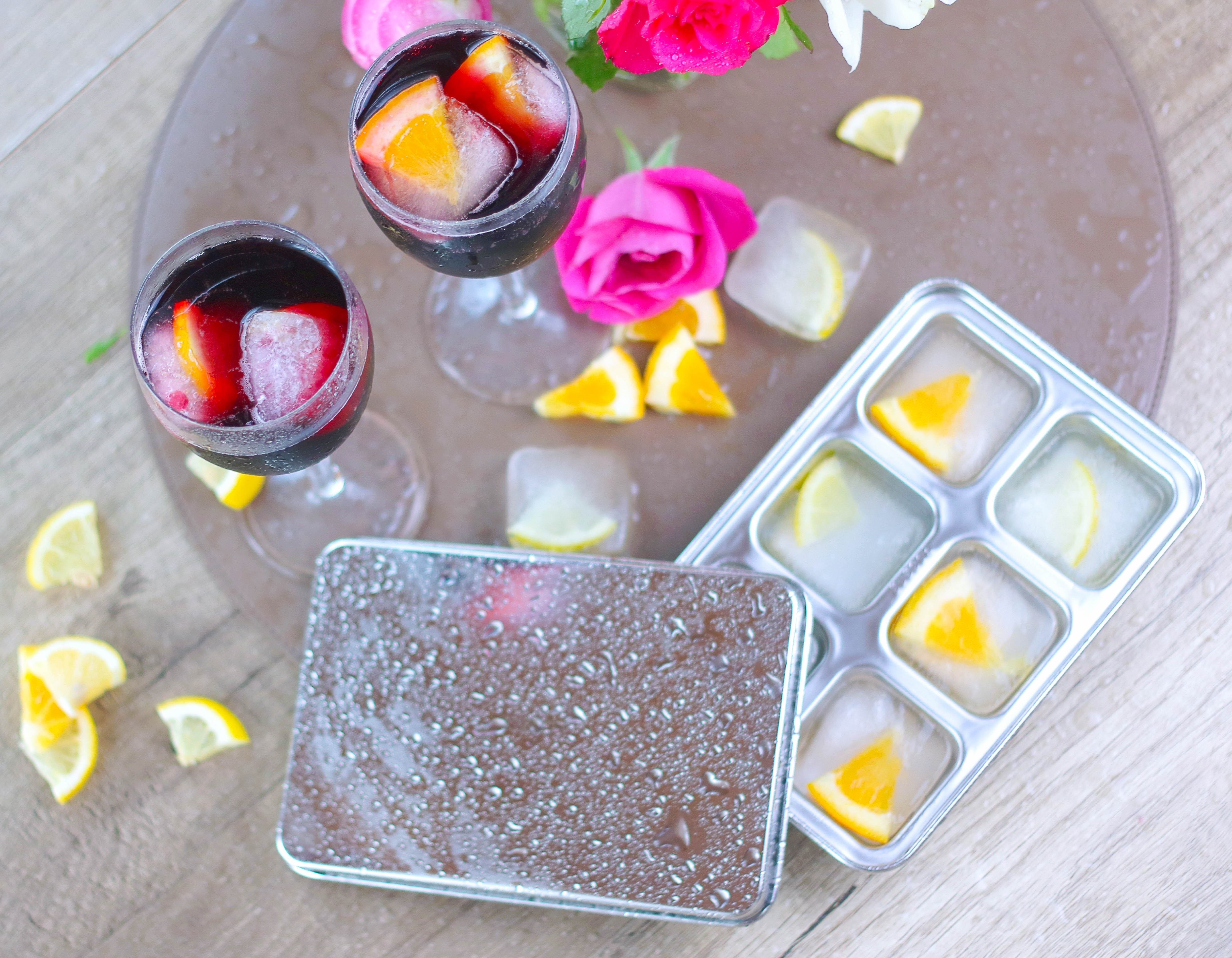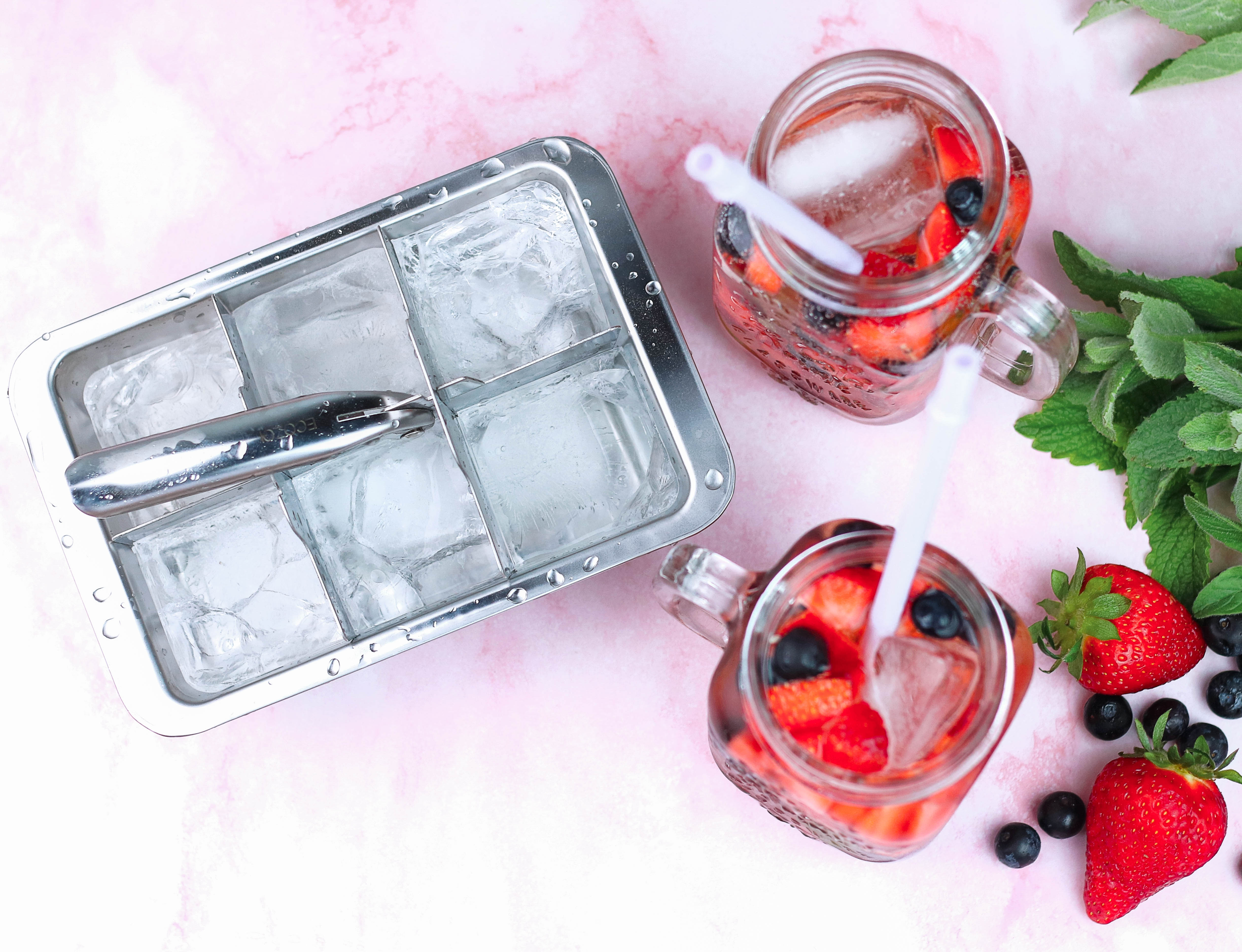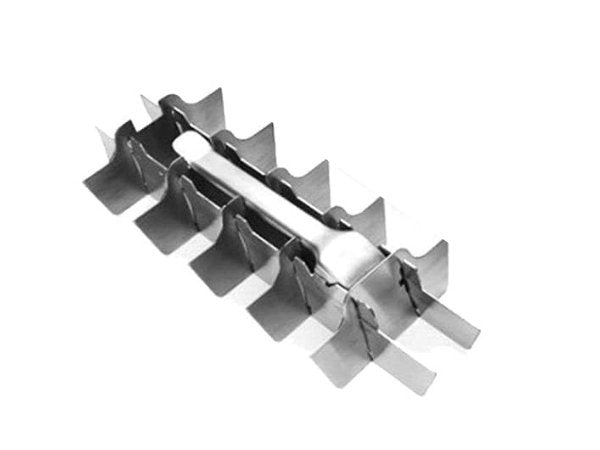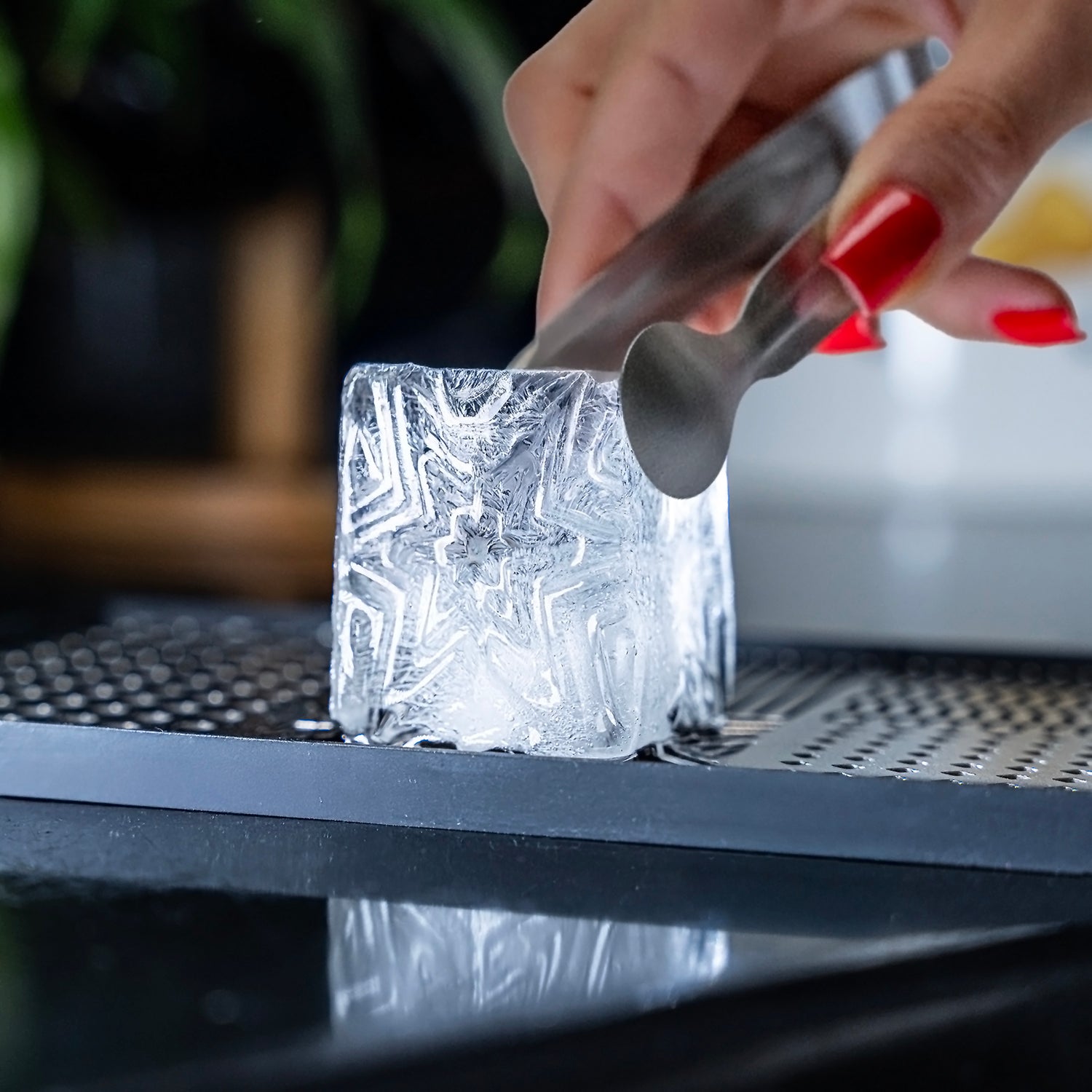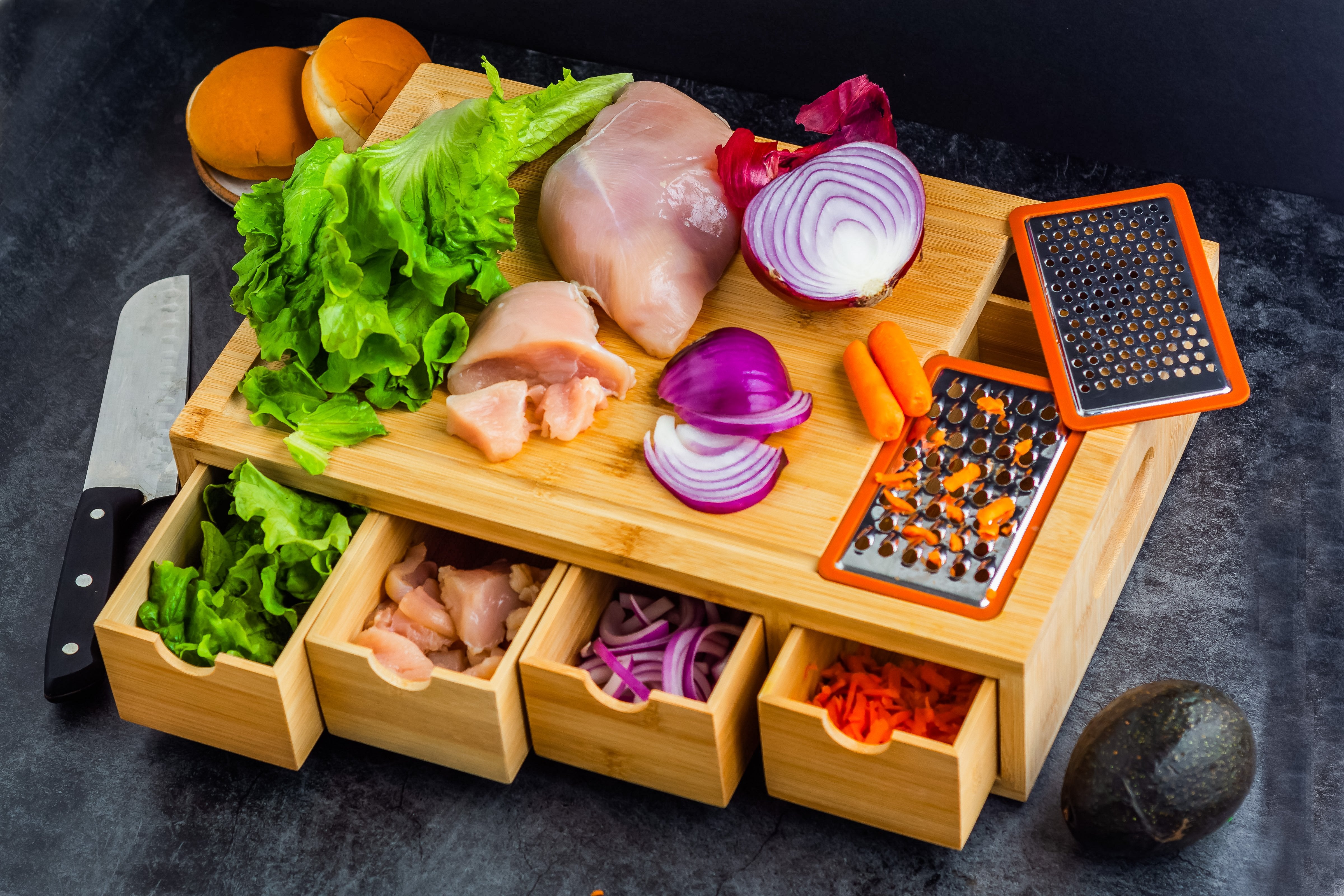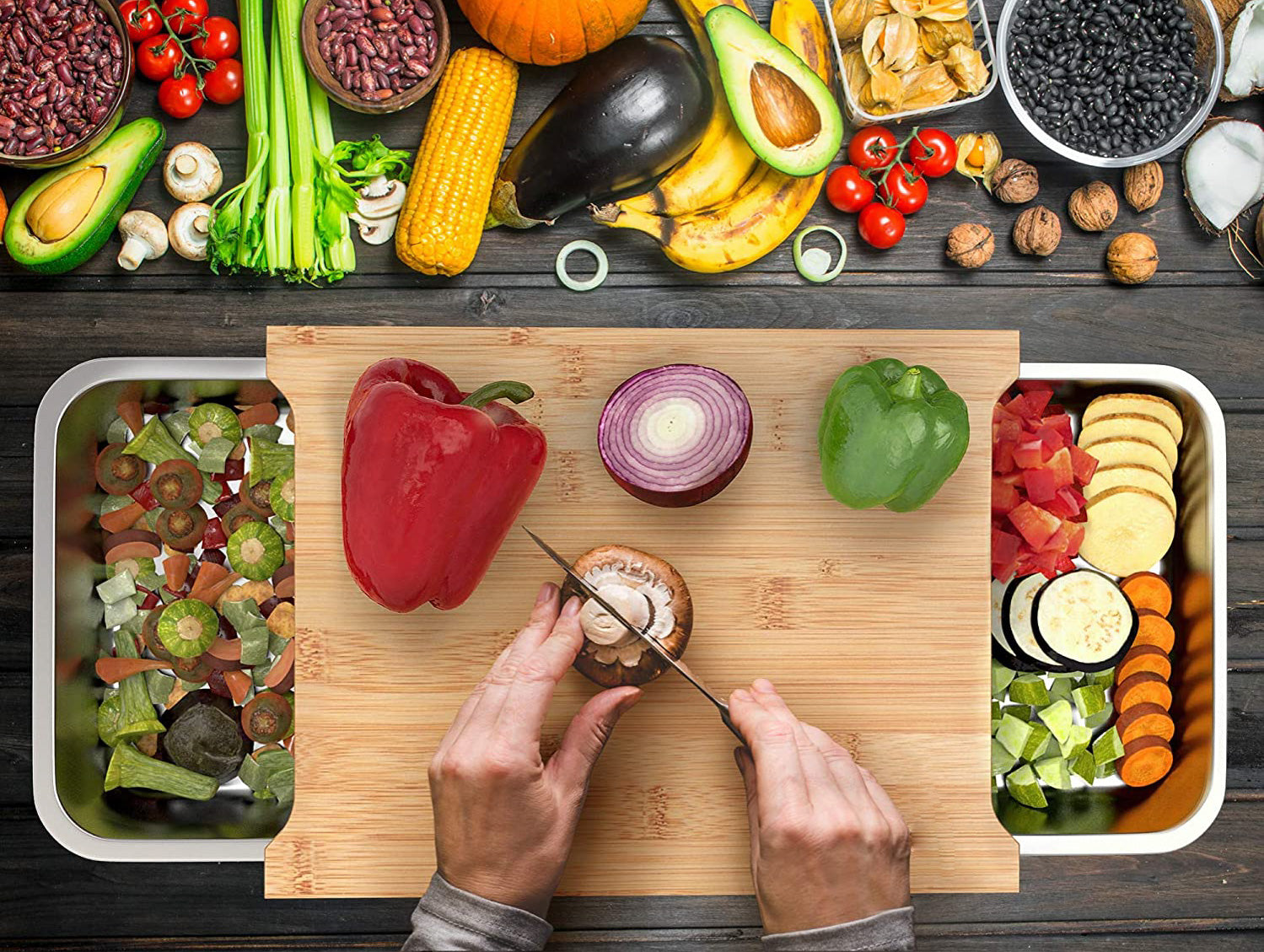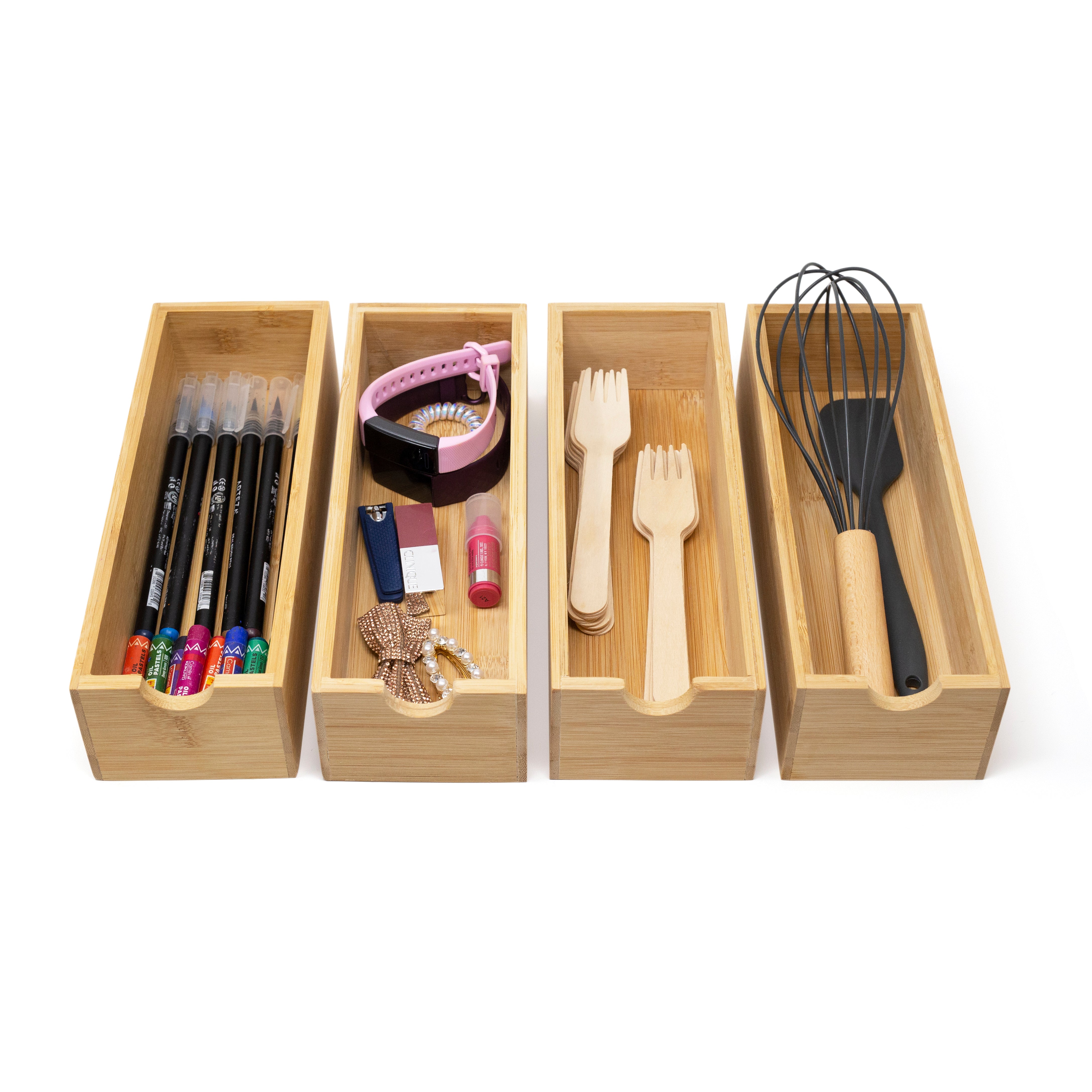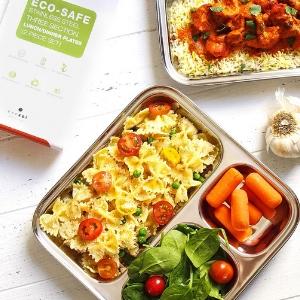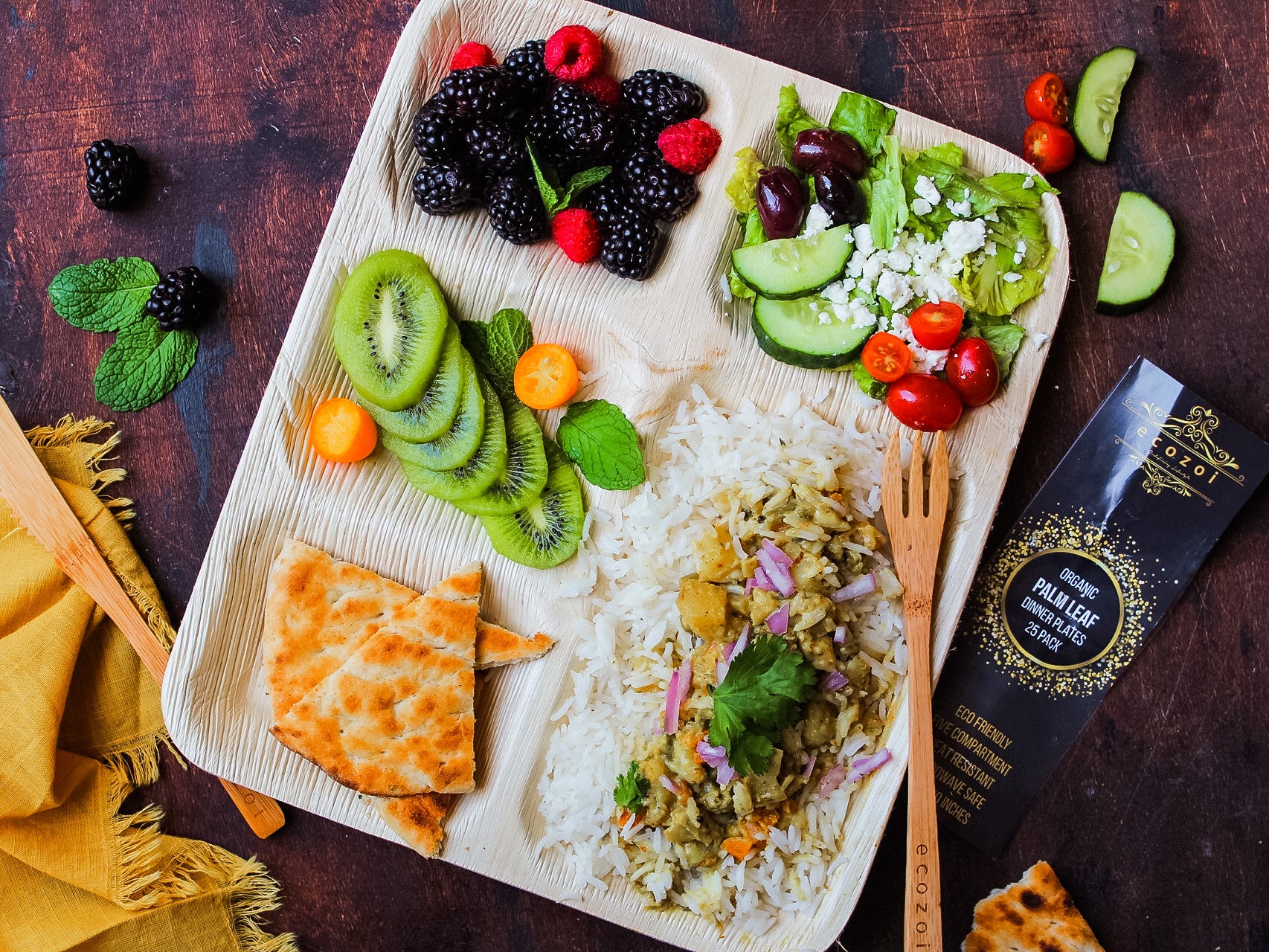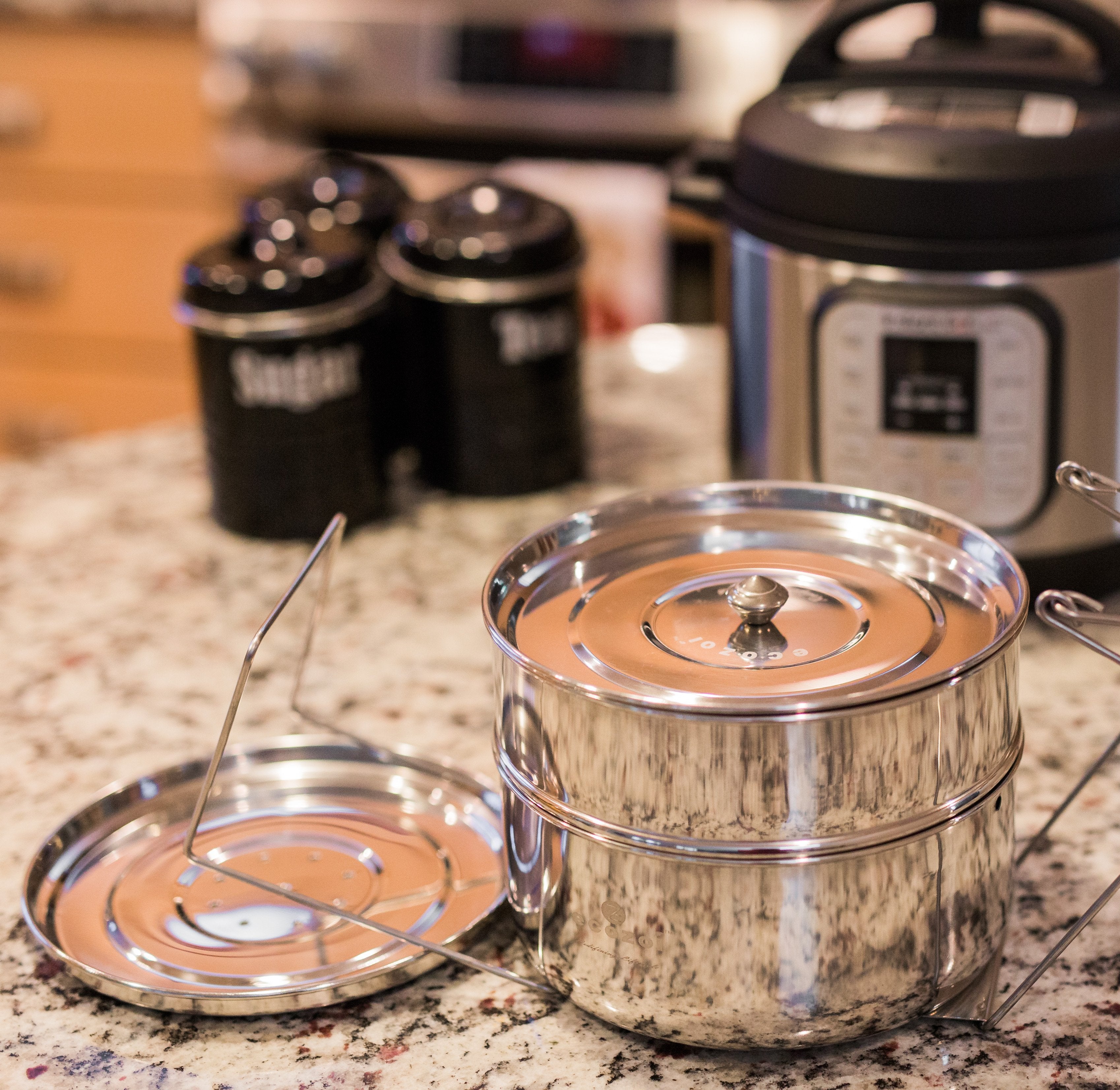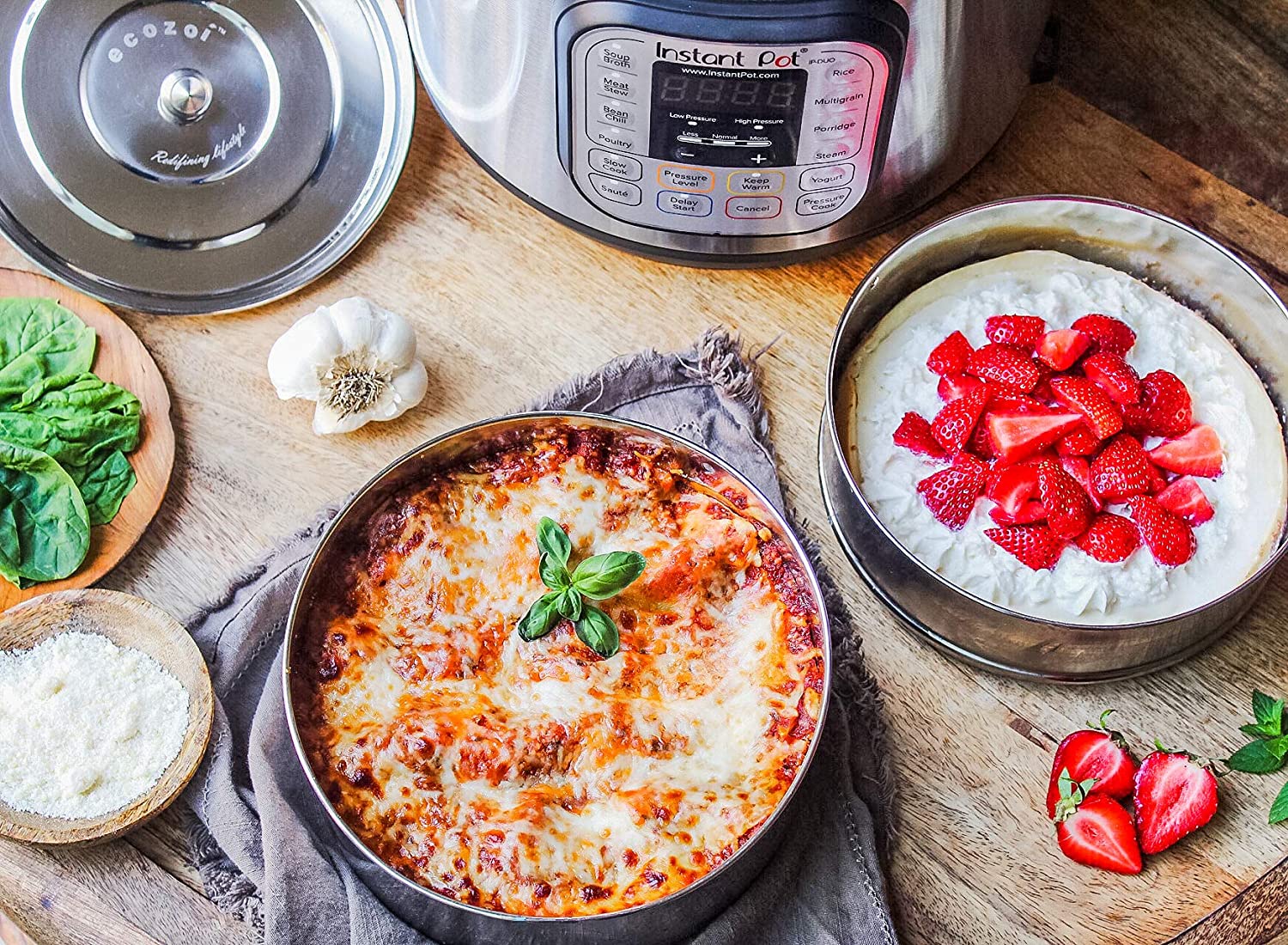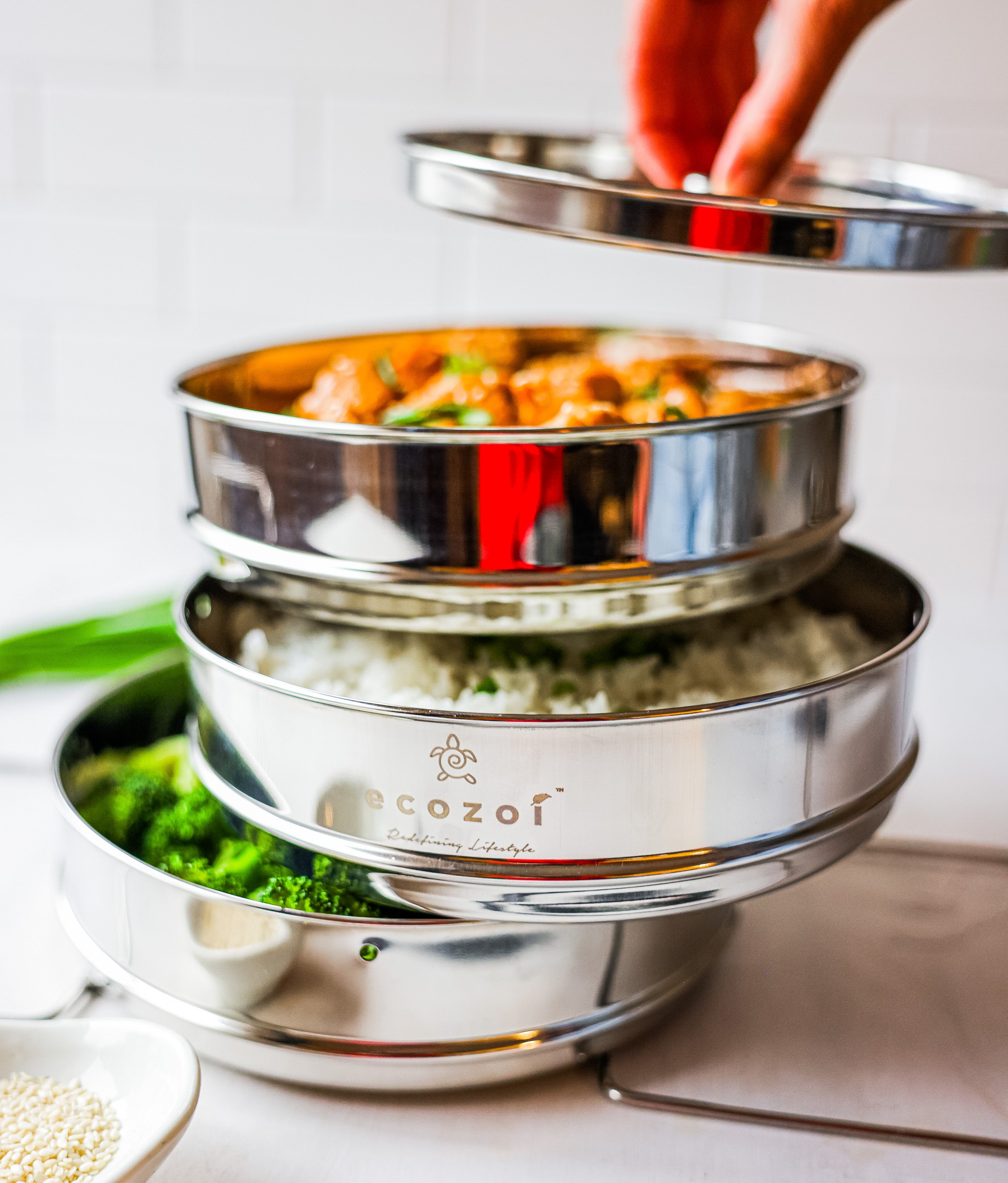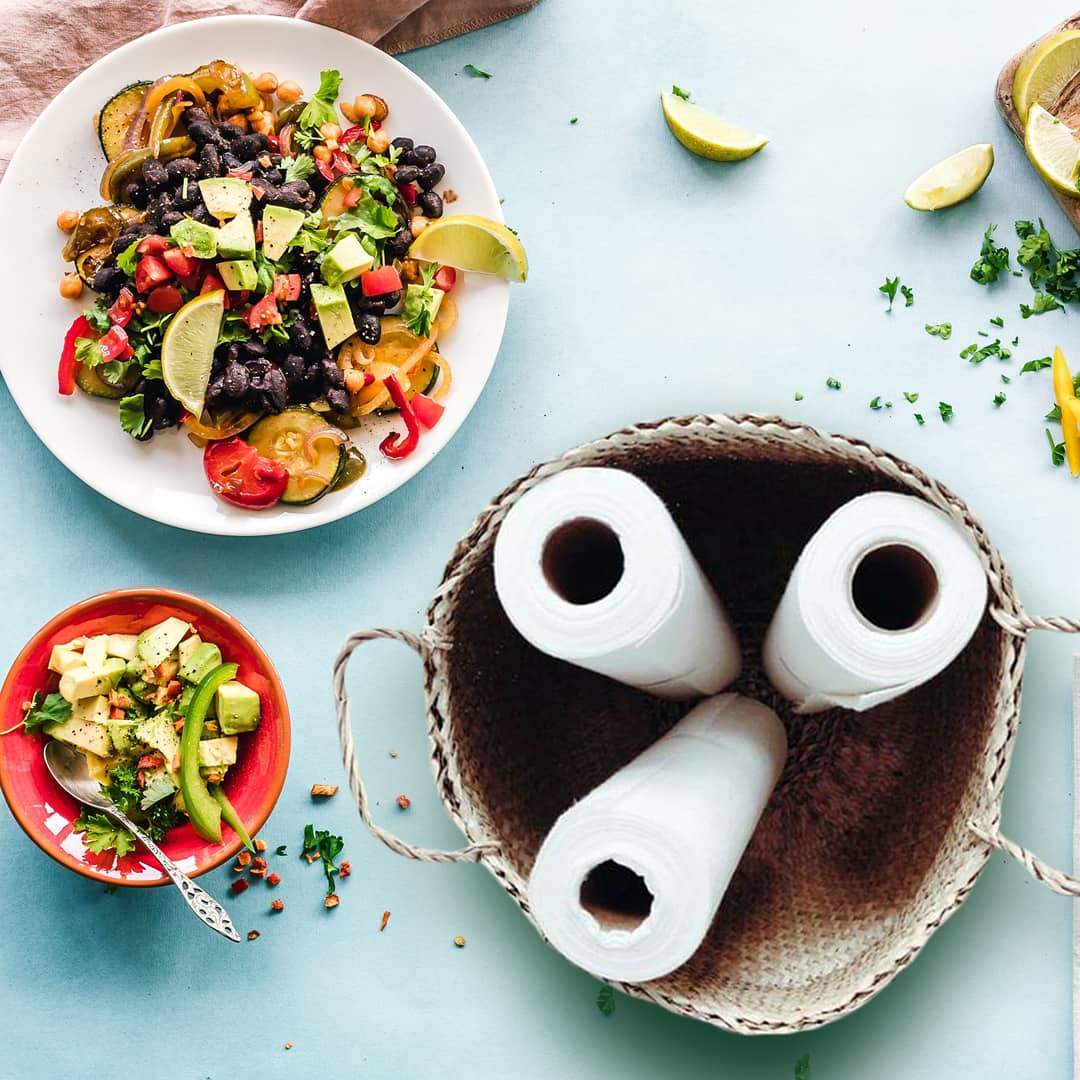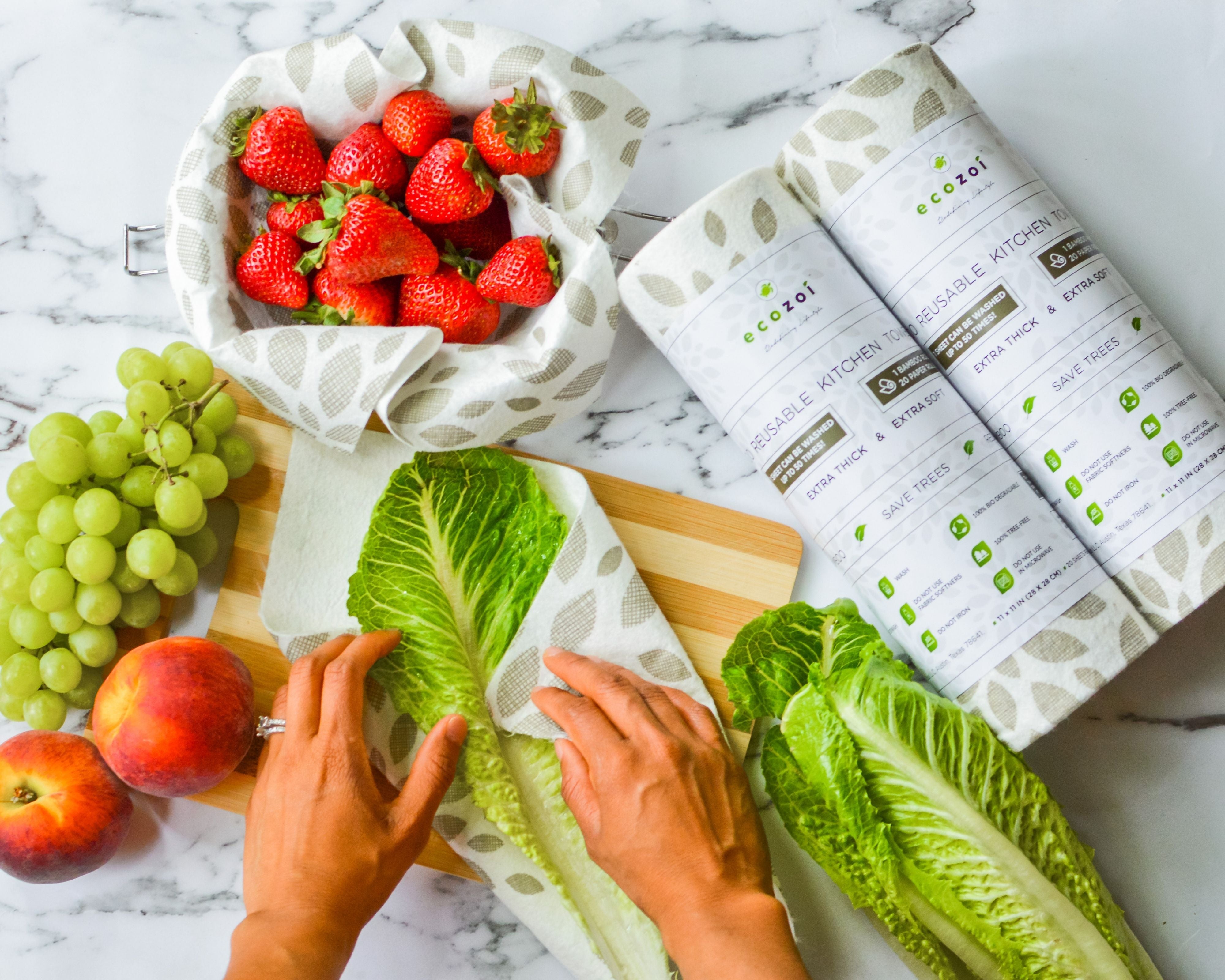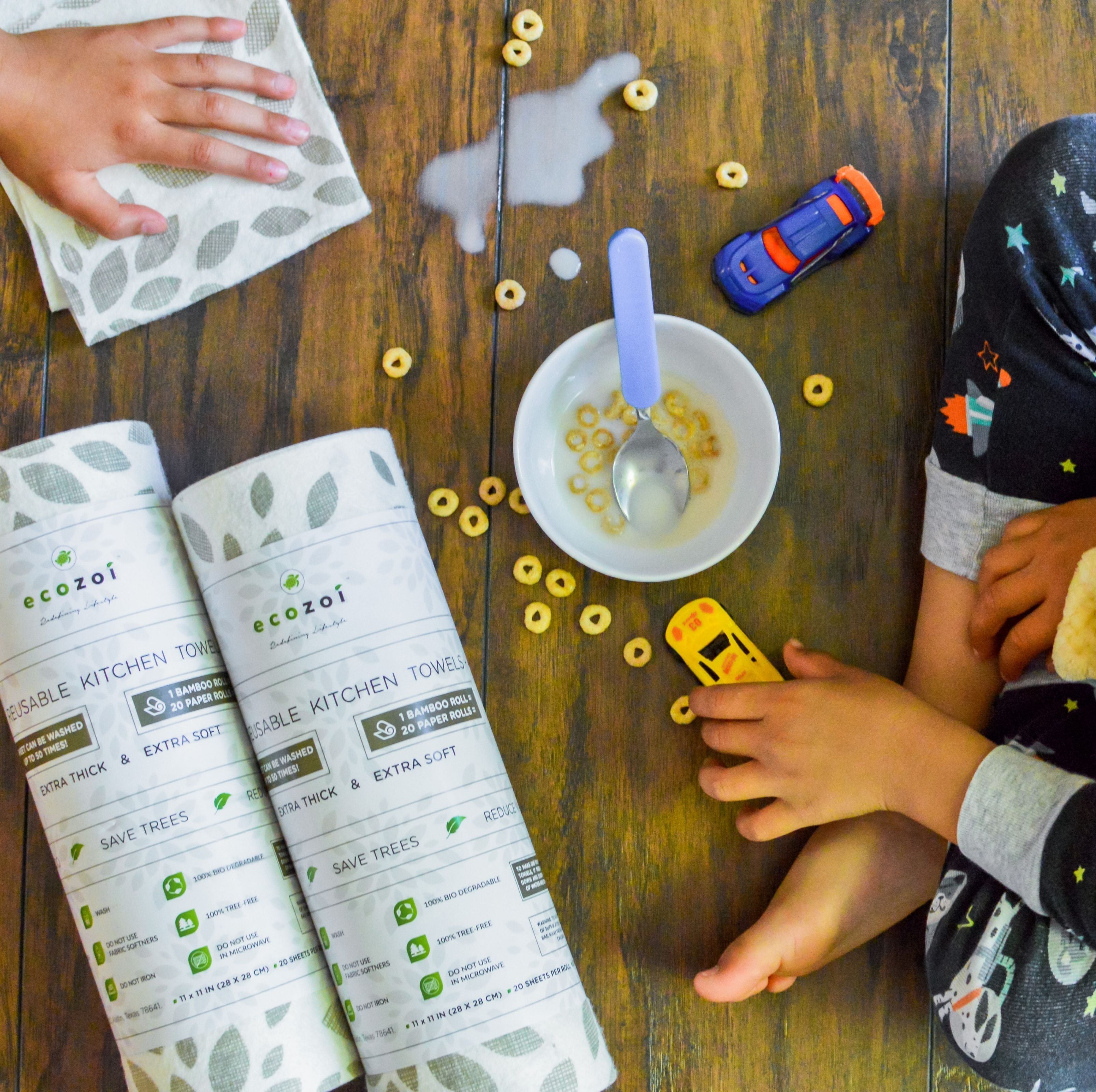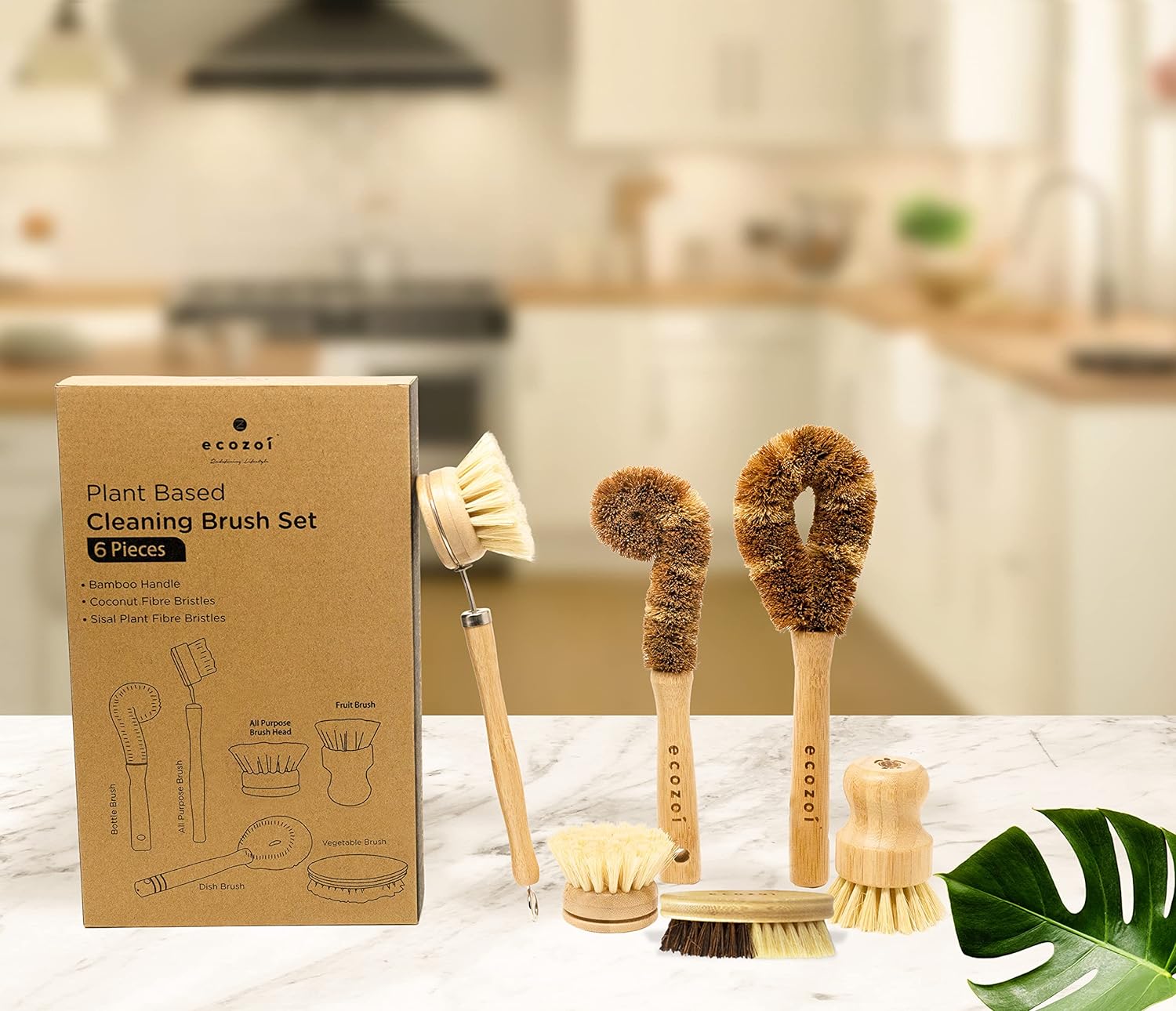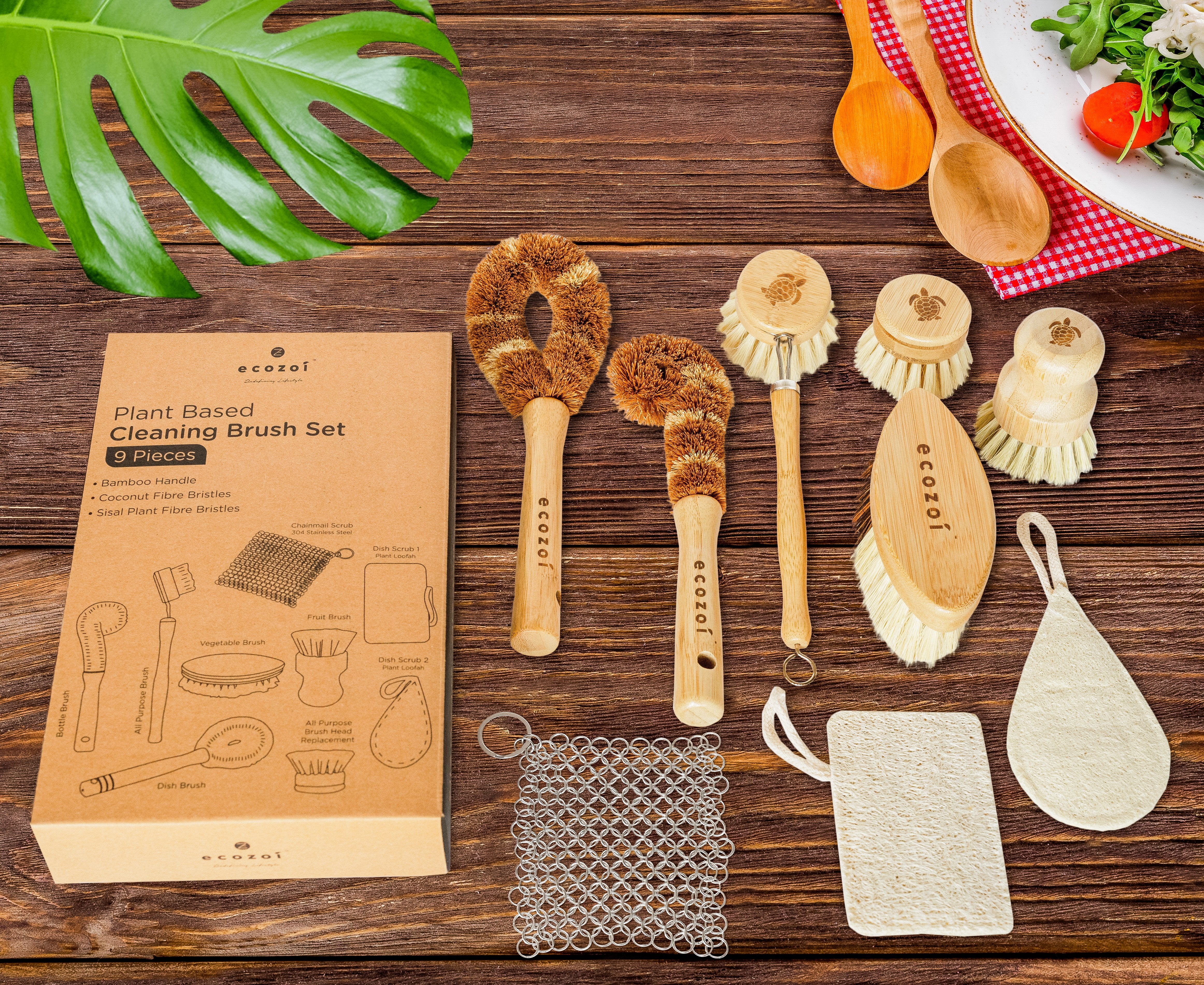Are Bamboo Cutting Boards Safe for Food Prep? Explained
Are Bamboo Cutting Boards Safe for Food Prep? Explained
Bamboo cutting boards have become a staple in many kitchens around the world, thanks to their durability, sustainability, and stylish appearance. But are they safe to use for food preparation? With the growing awareness of eco-friendly products and the importance of reducing plastic, many people are switching to bamboo, but there are questions surrounding its safety and effectiveness as a kitchen tool. In this post, we’ll explore why bamboo cutting boards are safe, the benefits and drawbacks, and how to care for them. Plus, we’ll highlight Ecozoi’s bamboo cutting board that’s perfect for a sustainable kitchen.

What Makes Bamboo Cutting Boards a Popular Choice?
1. Eco-Friendly and Sustainable
Bamboo is one of the most sustainable materials available today. Unlike hardwood trees, bamboo grows quickly and can be harvested every 3-5 years without causing environmental damage. This makes bamboo cutting boards an environmentally responsible choice compared to plastic or even traditional wood boards. By choosing a bamboo cutting board, you're making a conscious effort to reduce deforestation and plastic pollution.
Ecozoi’s Bamboo Cutting Board with Organizing Drawers is made from sustainably sourced bamboo, ensuring that your kitchen is both eco-friendly and functional.
2. Durable and Long-Lasting
Bamboo is naturally more durable than most wood types, and its density means it resists knife marks, scratches, and deep grooves better than plastic or other wood alternatives. This durability makes bamboo cutting boards an excellent choice for daily use in food prep. Plus, bamboo is naturally moisture-resistant, so it's less prone to warping and cracking when compared to traditional wooden boards.
Ecozoi’s bamboo cutting boards are built to last, offering a reliable and long-term solution for your kitchen.
3. Non-Toxic and Chemical-Free
Bamboo is naturally non-toxic, making it a safe material for food preparation. Unlike some plastic boards that may contain BPA or other harmful chemicals, bamboo cutting boards do not leach harmful substances into food. This ensures that your meals stay clean and free from toxins. Bamboo also does not require the use of harsh chemicals during its processing, making it a healthier and safer choice for you and your family.
Are Bamboo Cutting Boards Safe for Food Prep?
Now, let’s dive deeper into the safety of bamboo cutting boards for food prep. While bamboo cutting boards are safe to use, there are several things to consider:
1. Are Bamboo Cutting Boards Safe for Food?
Yes, bamboo cutting boards are safe for food. They are non-porous, which means they do not absorb liquids or bacteria as easily as plastic or wooden boards. Bamboo also has natural antimicrobial properties, making it resistant to bacteria and mold, which is particularly important when preparing raw meat or vegetables. However, like any cutting surface, bamboo boards should be cleaned properly after each use to prevent bacteria buildup.
Ecozoi’s bamboo cutting boards are designed for food safety, offering a durable and hygienic surface for all your food prep needs.
2. Are Bamboo Cutting Boards Good for Knives?
Bamboo cutting boards are gentle on knives, although they are harder than traditional wooden boards. While they won't dull your knives as quickly as plastic boards, you should still care for your knives and avoid using excessive force. The dense surface of bamboo is sturdy but won’t be as easy on knives as softer wood.
3. Bamboo Cutting Board Pros and Cons
Pros:
-
Sustainable and eco-friendly
-
Durable and long-lasting
-
Naturally antimicrobial
-
Easy to clean and maintain
-
Gentle on knives
Cons:
-
Can be hard on knives if not maintained properly
-
Needs regular oiling to prevent cracking
-
Can be prone to staining from acidic foods (though not as much as plastic)
Ecozoi’s bamboo cutting board is crafted with care, designed to offer all the advantages while minimizing the disadvantages. Its smooth surface and built-in organizing drawers make meal prep easy and efficient.

How to Care for Bamboo Cutting Boards
To keep your bamboo cutting board safe and long-lasting, regular care and maintenance are important. Here are some tips:
-
Clean After Every Use: Wash your bamboo cutting board with warm soapy water after each use. Avoid soaking it in water for long periods, as this can cause the bamboo to warp or crack.
-
Dry Immediately: After washing, dry your bamboo board immediately with a towel. Leaving it wet can cause the wood to swell and crack.
-
Oil Regularly: Bamboo cutting boards should be oiled every few months to prevent the wood from drying out. Use food-safe mineral oil or bamboo oil to keep the surface smooth and moisturized.
-
Avoid Dishwashers: Bamboo cutting boards should not be placed in the dishwasher, as the high heat and moisture can damage the wood.
Ecozoi’s bamboo cutting board is designed for easy maintenance with its durable construction, ensuring it lasts for years without significant wear.
Bamboo Cutting Board vs. Plastic Cutting Board
When deciding between bamboo and plastic cutting boards, here’s what you should know:
Bamboo Cutting Boards:
-
Made from sustainable materials
-
More durable and less prone to scratching
-
Naturally resistant to bacteria
-
More eco-friendly and non-toxic
Plastic Cutting Boards:
-
Often contain harmful chemicals like BPA
-
More prone to deep grooves that harbor bacteria
-
Non-biodegradable and harmful to the environment
-
Can warp and degrade over time
Choosing a bamboo cutting board over a plastic one is not only better for the environment but also for your health and safety.
Where to Buy Eco-Friendly Bamboo Cutting Boards
Ecozoi offers a variety of bamboo cutting boards that are both functional and eco-friendly. Our bamboo cutting board with organizing drawers is perfect for keeping your kitchen organized and efficient. Check out the full collection of sustainable kitchen products here.
FAQs
1. Are bamboo cutting boards better than plastic?
Yes, bamboo cutting boards are better than plastic in terms of durability, sustainability, and hygiene. Bamboo is naturally resistant to bacteria, and it’s also a renewable resource, unlike plastic which contributes to pollution and waste.
2. How do I prevent my bamboo cutting board from cracking?
To prevent cracking, regularly oil your bamboo cutting board with food-safe mineral oil. Avoid soaking it in water, and make sure to dry it immediately after washing.
3. Are bamboo cutting boards dishwasher safe?
No, bamboo cutting boards should not be placed in the dishwasher. The high heat and moisture can cause the bamboo to swell and crack. Always wash bamboo boards by hand with mild soap and warm water.
4. What is the best bamboo cutting board?
The best bamboo cutting board should be durable, easy to clean, and made from sustainably sourced bamboo. Ecozoi’s bamboo cutting board with organizing drawers is an excellent choice for its functionality and eco-friendliness.

Final Thoughts
Bamboo cutting boards are a fantastic eco-friendly alternative to plastic and traditional wood boards. They are durable, safe, and sustainable—making them an excellent choice for any kitchen. By opting for a bamboo cutting board like Ecozoi’s, you’re investing in a safer, healthier, and more sustainable way to prepare food.
Visit Ecozoi’s bamboo cutting board collection to find the perfect cutting board for your kitchen.
We Want Your Feedback!
We’d love to hear from you. Take a moment to fill out our Ecozoi Customer Survey and share your thoughts on how we can improve your shopping experience.


